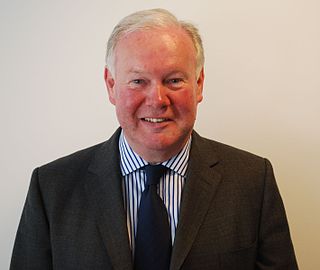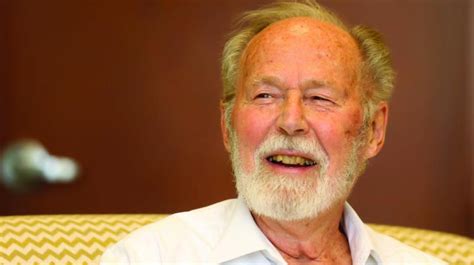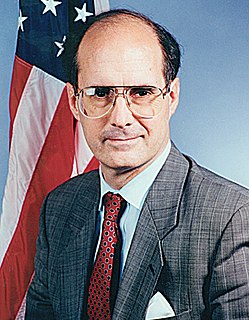A Quote by Gordon Brown
Our mission is, in truth, historic and world changing - to build, over the next fifty years and beyond, a global low carbon economy. And it is not overdramatic to say that the character and course of the coming century will be set by how we measure up to this challenge
Related Quotes
Embracing a low carbon economy will be as momentous as the previous industrial revolutions. As the shift from coal to oil did. And the shift from gas light to electric light. It has the potential to give us the competitive edge in the new global economy. The scale of the challenge is extraordinary. We will need to reinvent in the way we live our lives, the way our world works
The transition to a low-carbon economy will be one of the defining issues of the 21st century. This plan sets out a route-map for the UK's transition from here to 2020...every business, every community will need to be involved. Together we can create a more secure, more prosperous low carbon Britain and a world which is sustainable for future generations.
Changing the structure and rules of the global economy will require a mass movement based on messages of compassion, justice, and equality, as well as collaborative and democratic processes ... If we stay positive, inclusive, and democratic, we have a truly historic opportunity to build a global movement for social justice.
If I've learnt anything over the last six years it's that the most important thing is the strength of our economy. That is how we pay for our NHS, how we build schools, how we provide opportunities for people. And I'm in absolutely no doubt that our economy will be stronger if we stay in and will be weaker and at risk if we leave.
Our measure of rewards and punishments is most partial and incomplete, absurdly inadequate, utterly worldly; and we wish to continue it into the next world. Into that next and awful world we strive to pursue men, and send after them our impotent paltry verdicts of condemnation or acquittal. We set up our paltry little rod to measure heaven immeasurable.
Are there still other possibilities? Of course there are. What is important to recognize is that all three historical options are really there, and the choice will depend on our collective world behavior over the next fifty years. Whichever option is chosen, it will not be the end of history, but in a real sense its beginning. The human social world is still very young in cosmological time. In 2050 or 2100, when we look back at capitalist civilization, what will we think?
Our early 21st century civilization is in trouble. We need not go beyond the world food economy to see this. Over the last few decades we have created a food production bubble-one based on environmental trends that cannot be sustained, including overpumping aquifers, overplowing land, and overloading the atmosphere with carbon dioxide.
Here is one optimists reason for believing unity will prevail ... within the next hundred years ... nationhood as we know it will be obsolete; all states will recognize a single, global authority. A phrase briefly fashionable in the mid-20th century -- citizen of the world -- will have assumed real meaning by the end of the 21st. All countries are basically social arrangements, accommodations to changing circumstances. No matter how permanent and even sacred they may seem at any one time, in fact they are all artificial and temporary.
China has really succeeded because of its stability.
So my feeling is, how they are going to maintain this fantastic stability in a very fast changing economic situation.
I think this is a challenge we face, how the global region will evolve in stability with such a fast growth.
If they succeed to do that, no doubt, in the next generation it will be the major area of the world, economically.
The climate crisis is the greatest challenge humanity has ever faced. From not only the warming of the earth with higher global temperatures, but also from strengthening storms and expanding droughts to melting ice and rising seas, the costs of carbon pollution are already being felt by governments, corporations, taxpayers and families around the world. The climate crisis will affect everything that we love and alter the course of our future. Now, more than ever, we must come together to solve this global crisis. We must act decisively, rise to the occasion and solve this monumental challenge.


































